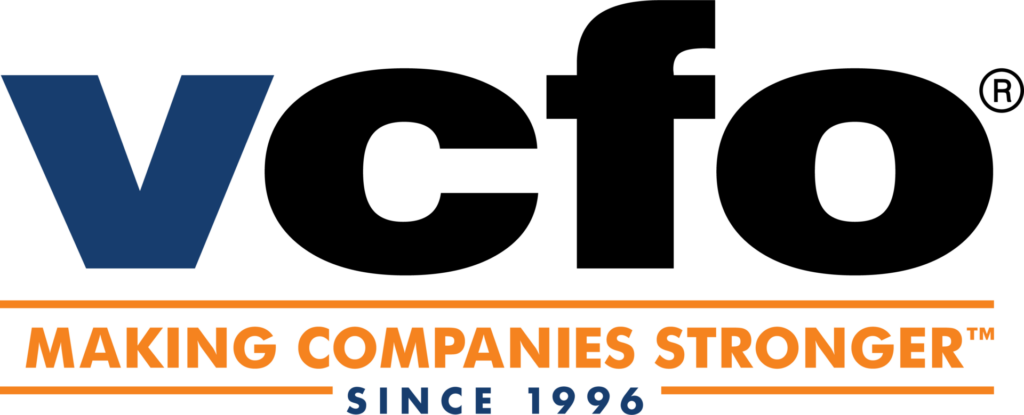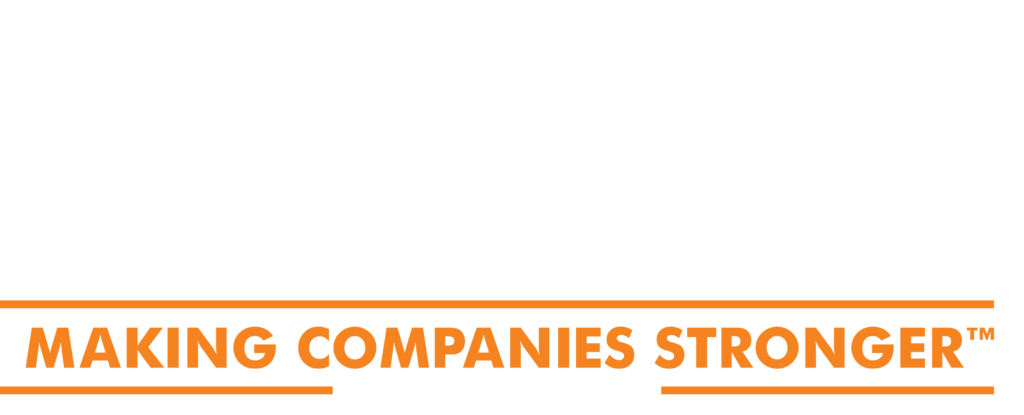The strategic role of Human Resources and the understanding of same is mission critical to a CEO and the Board. Over the years, HR has changed from a “personnel/paper pushing” department to a department that can add value which translates to company savings that can drop to the bottom line. Allowing HR to have a seat at the table helps define the approach best suited for attaining business goals and objectives. Not having a strategic HR action plan and HR scorecard in place (that is tweaked along the way to accommodate changes) can have a negative impact on company image, compliance, recruiting, EEOC claims, employment law challenges and more.
The New Workplace
Because globalization and diversity are central HR issues today, it is incumbent upon CEO’s and Boards to have a clear understanding of the nuances of HR and engage their HR Executives as confidants, strategic partners, etc.
Some CEOs and Boards look to their Sr. HR executives to continue to advise and coach on key challenges the company faces ahead. Strategic HR formulates a road map of how to manage across generations, monitor continuous change management and formulate communication in the age of social media. CEOs should expect the senior HR executive will couple their technical HR and people skills with a much deeper understanding of the real business challenges and issues.
CEOs and Boards Should Look to the HR Executives for the Following:
- Map HR organization strategy to the business strategy.
- Make sure your HR team has the right skill set to do the job– executives should have not only strategic but tactical expertise. This does not mean that the HR executive leading the department for the company should be working on day to day tactical issues, but they need to have a clear understanding of what those are and how those impact the business daily. Putting the right HR team together is critical.
- Apply their expertise to determine the impact on the business of changing legislation and help business leader’s manage the change, rather than focusing on the punitive side of the non-compliance.
- Forecast critical social, legislative and people trends, leading the organization in implementing programs that have front line buy-in and that really matter to the business. Senior HR executives can and should drive their agendas forward to ensuring they are business savvy and relevant.
- Make sure HR is not mired in the tactical application of policy and programs that may be disconnected from the real needs of the business.
- Develop a winning team of HR professionals who cover five basic functions; planning, organizing, staffing, leading and controlling. The Senior HR executive should be leading strategy aligned with the CEO and Board.
Questions to Ask Your HR Executive
HR executive must understand the company’s strategic plan and design their department accordingly. CEOs should ask senior HR executives:
- Do you understand our business, on what basis will we compete and how do you plan to expand the role of HR?
- How will HR develop personnel plans and job descriptions, recruit candidates in pipeline, interview and select the right fit for the company and job, train employees on job requirements, appraise employees and train line managers effectively, reward employees, etc.?
- Do we have the organizational design and people to get there? If not, what’s the plan?
What your HR Executive Should Bring to the Table
- The HR executive must have a clear understanding of goals and objectives of front-line managers. Be sure HR is getting in the trenches and providing guidance and is effectively communicating with the front line.
- A thorough understanding of business and the P&L. They need to decipher and deliver financials, budgets, etc.
- Make certain you select an HR executive that understands and knows your employment laws.
Conclusion
 Business outcomes are mission critical to the overall operation and survival of a company. When ignored by the CEO and Board this can have consequences that are difficult to overcome. The areas that human capital has impact on business outcomes are customer satisfaction, profitability, innovation/product development, success in integrating acquisitions, revenue per employee, speed to market and growth. A strategic HR team will successfully manage organization structure, workover planning and employment, human resource development, compensation and benefits, employee and labor relations, occupational health, safety and security to achieve business goals.
Business outcomes are mission critical to the overall operation and survival of a company. When ignored by the CEO and Board this can have consequences that are difficult to overcome. The areas that human capital has impact on business outcomes are customer satisfaction, profitability, innovation/product development, success in integrating acquisitions, revenue per employee, speed to market and growth. A strategic HR team will successfully manage organization structure, workover planning and employment, human resource development, compensation and benefits, employee and labor relations, occupational health, safety and security to achieve business goals.
A CEO and Board that does not embrace the HR function runs the risk of not having the depth and breadth of knowledge and expertise and insights needed to build efficient, agile and growing organizations. Download vcfo’s HR Toolkit for more elements of an effective HR function in your organization.
Need help thinking through these questions and evaluating your goals and options? Contact Us for a complimentary consultation with an experienced vcfo expert team member.


